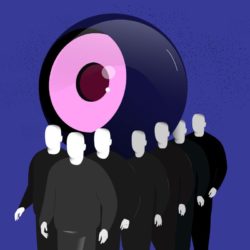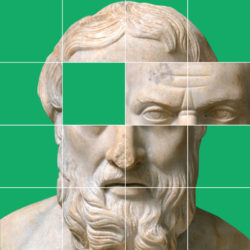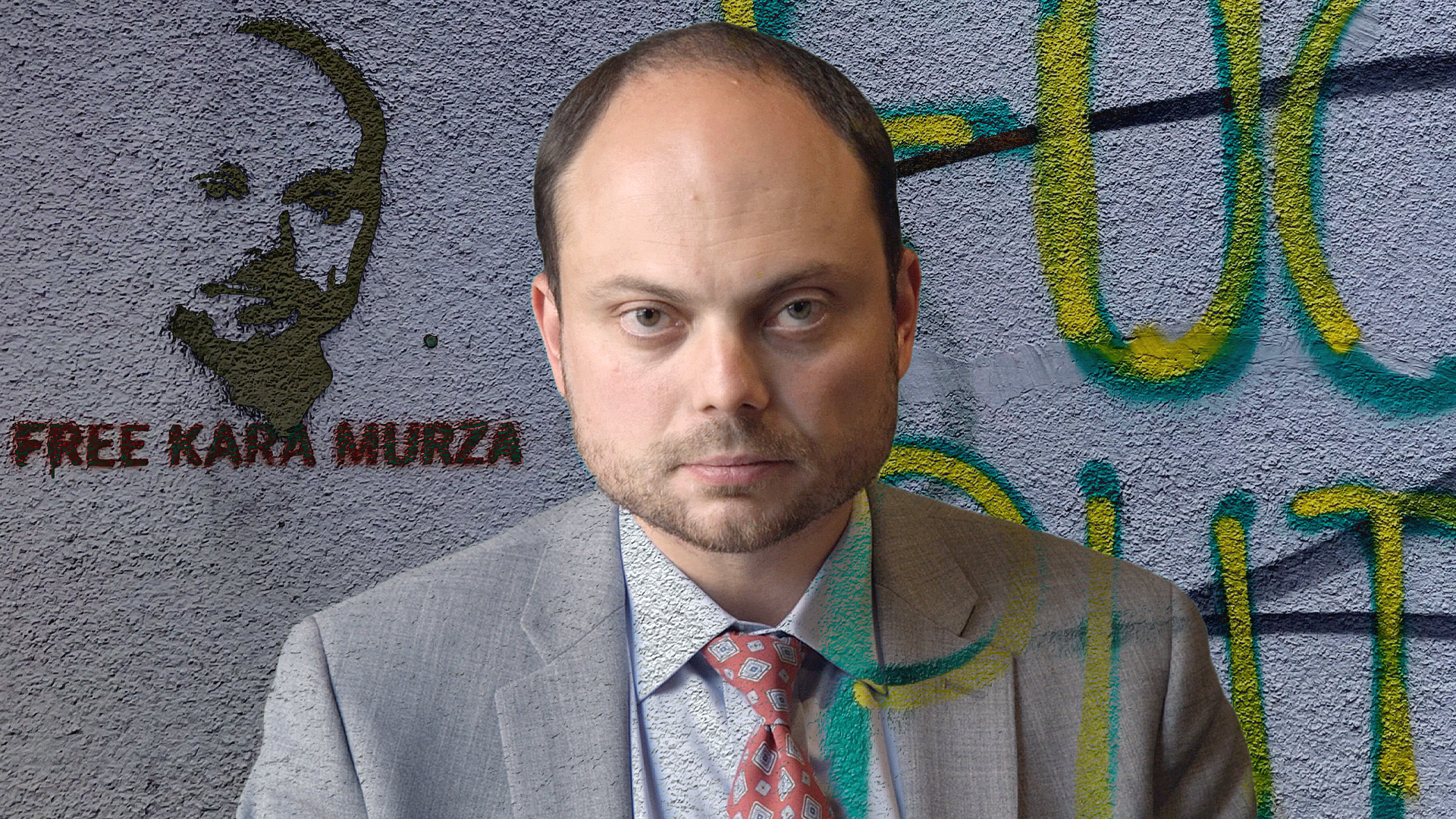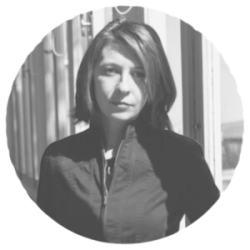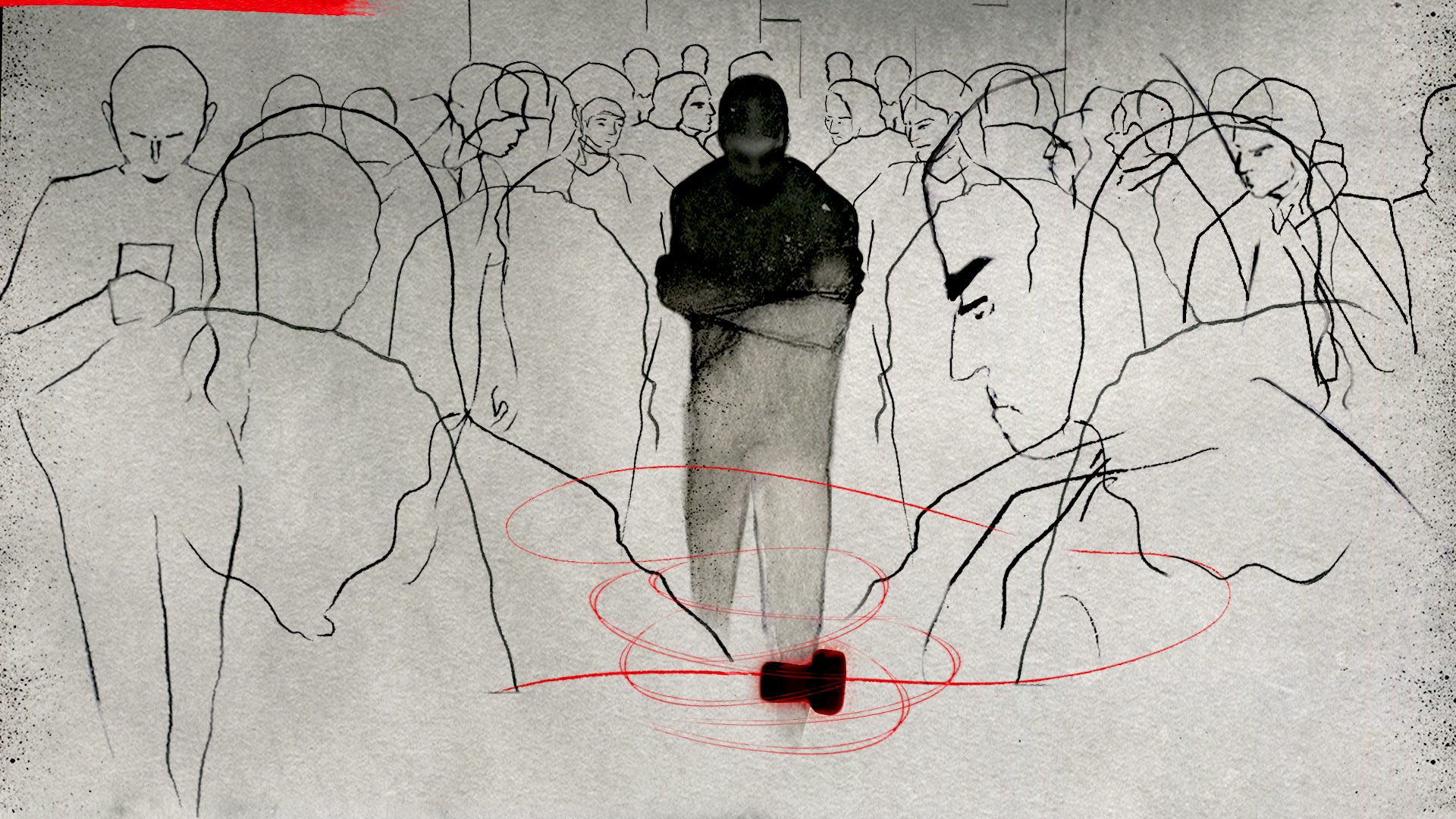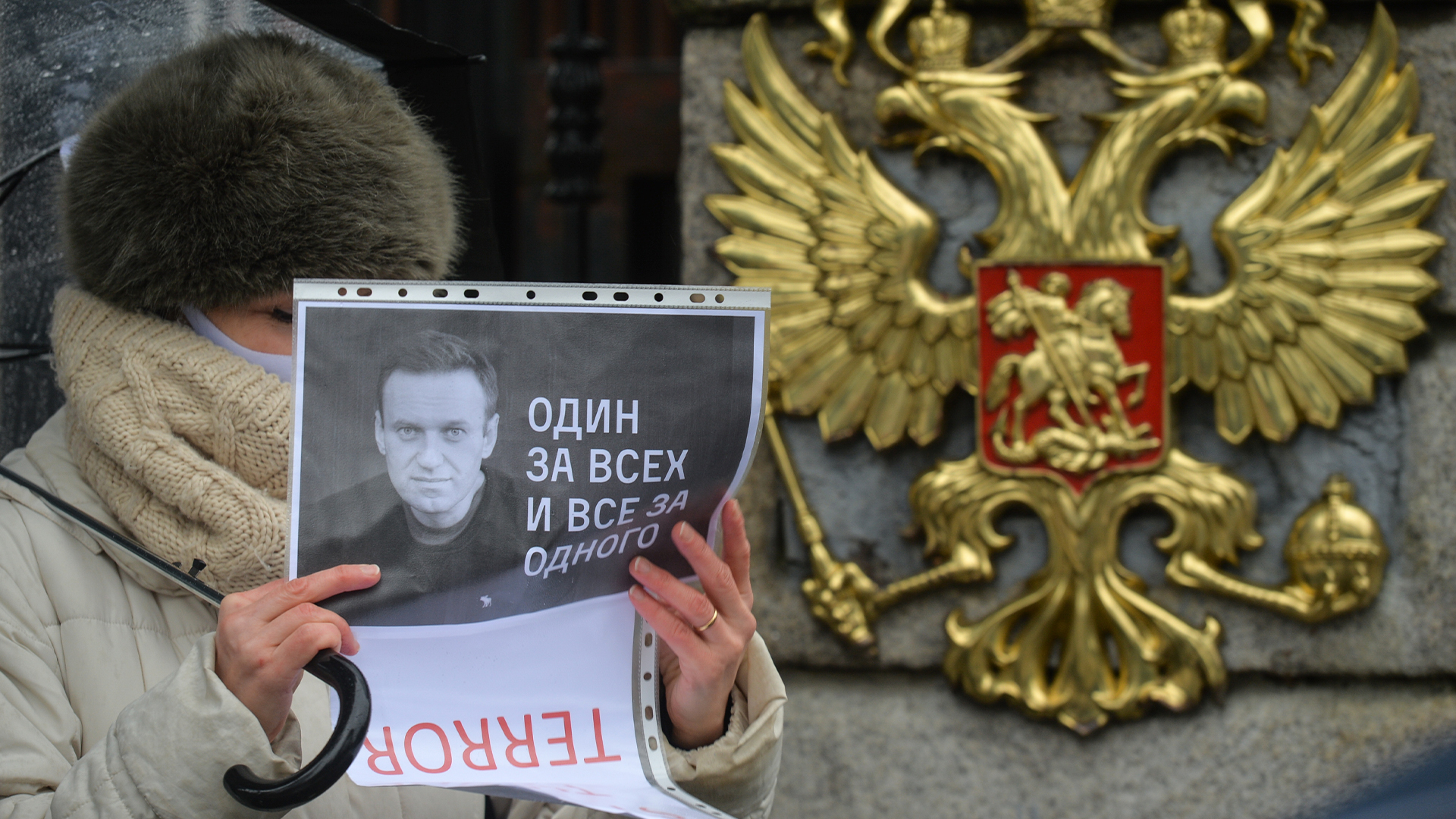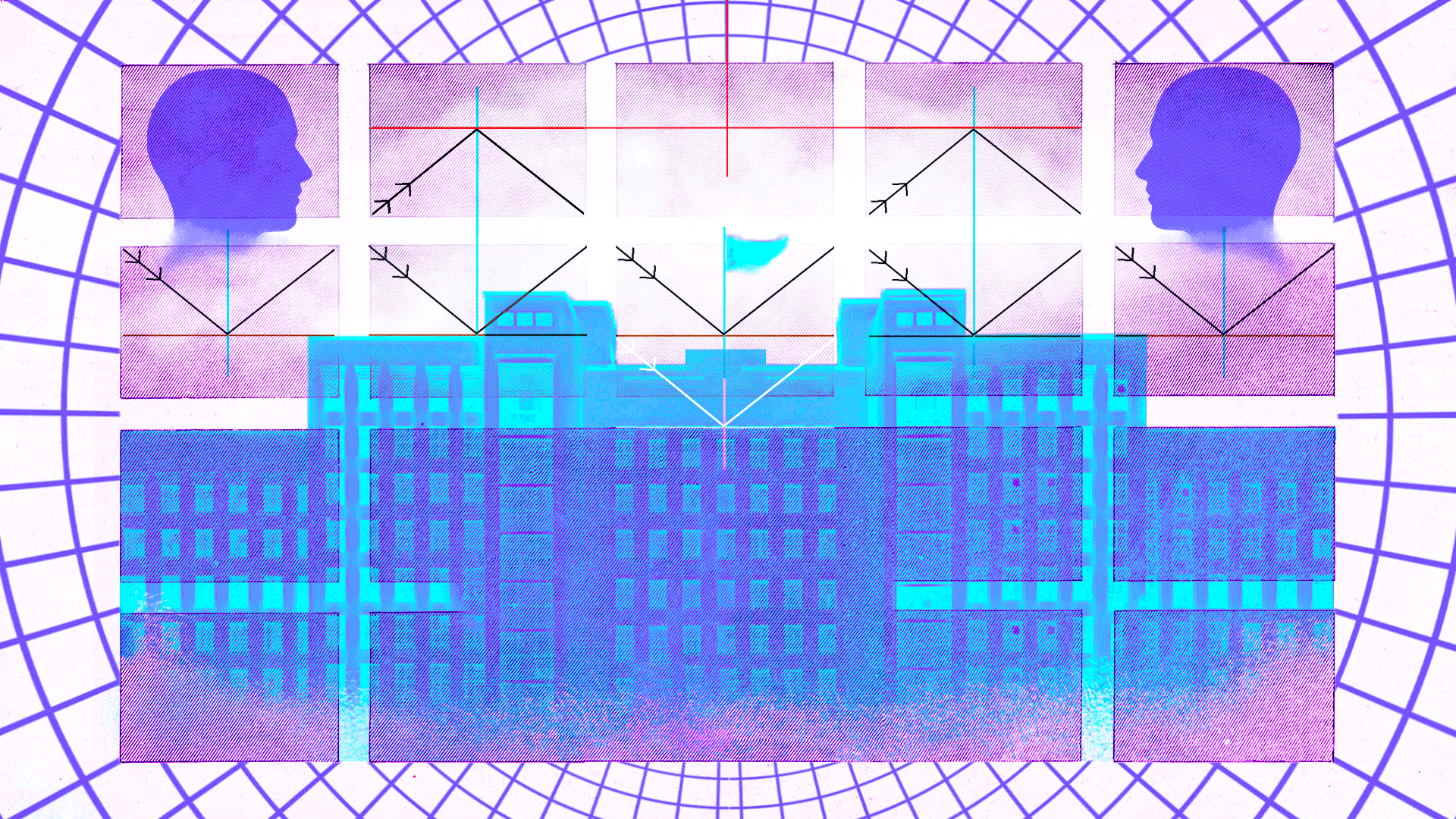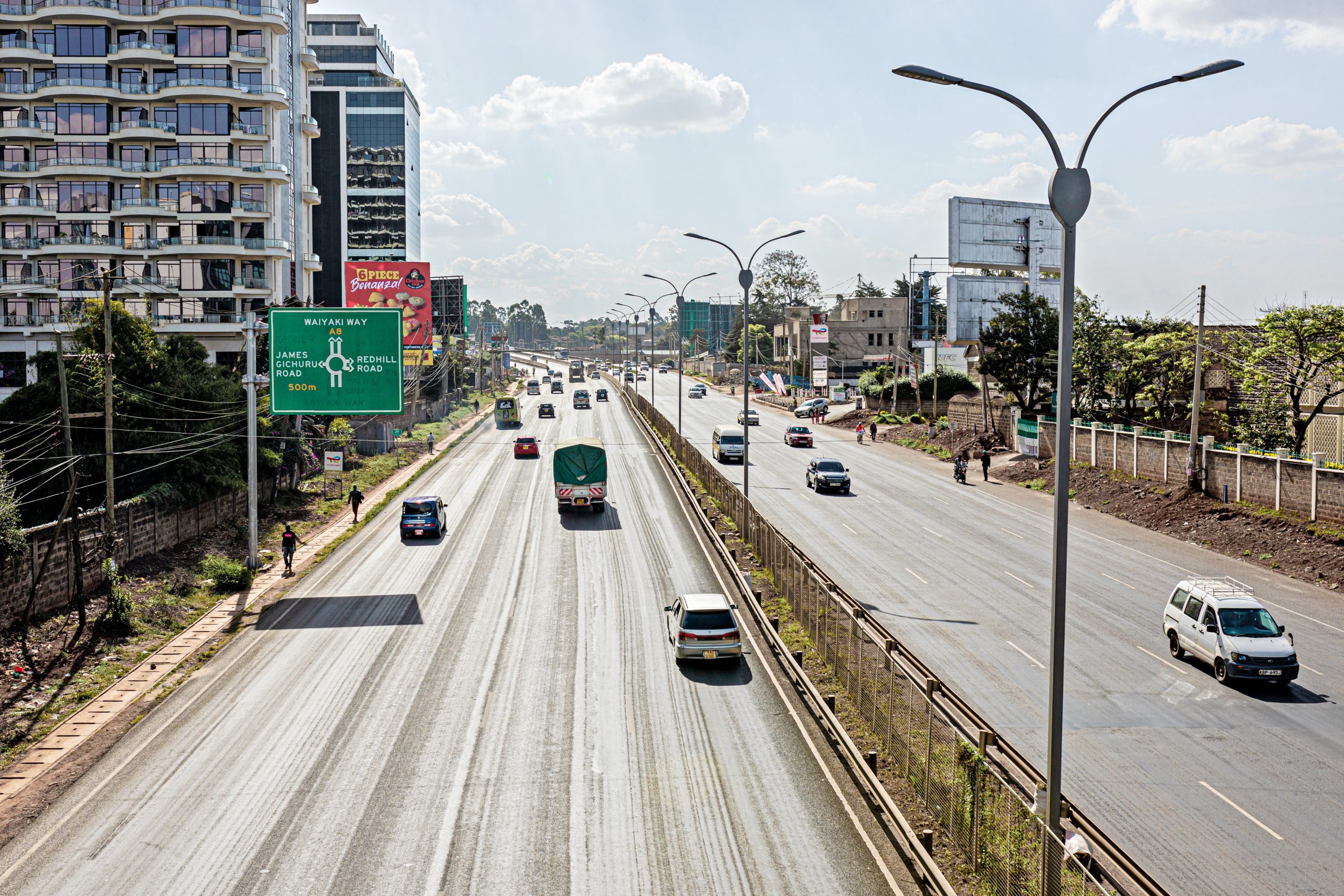On the day of Alexei Navalny’s funeral in Moscow last week, I held my nose and turned on Russian state television. The evening news on state TV, which is still watched by millions across Russia, led with a funeral. Except it wasn’t Navalny’s. Nikolai Ryzhkov, a former prime minister of the Soviet Union who died at the age of 94 on February 28, was also buried on the same day. He laid in state in Moscow’s main Christ the Savior Cathedral, surrounded by a handful of solemn apparatchiks from Russia’s ruling party. There was no mention on state TV of the alternative vision of Russia that was being buried that day or of the tens of thousands of people who defied the heavy police presence and walked across the city to pay their final respects to Navalny.
With Navalny dead, the chilling title of Russia’s highest-profile political prisoner now belongs to Vladimir Kara-Murza. Kara-Murza, a 42-year-old historian, journalist and opposition politician, is currently held in Siberia, in the same type of punitive solitary confinement cell that Navalny had occupied before he was transferred to a penal colony in the Arctic, where he died on February 16.
Kara-Murza, who comes from a long line of Russian dissidents, was arrested in April 2022 and sentenced to 25 years in prison for charges related to his criticism of President Vladimir Putin and the war in Ukraine. By then, he had already survived being poisoned twice, once in 2015 and again in 2017. In February 2021, a Bellingcat investigation uncovered that Kara-Murza had been followed by the same unit of Russia’s Federal Security Service that allegedly poisoned Navalny with a nerve agent in 2020. Kara-Murza was also a close associate of Boris Nemtsov, another slain Russian opposition politician who was gunned down in Moscow in 2015.
The full-scale invasion of Ukraine, the eventual murder of Navalny, and Russia’s descent into a Stalinesque dictatorship were still only hypothetical scenarios when Kara-Murza and I sat down for an interview in Tbilisi, Georgia, five years ago. He was there for a conference. We talked about disinformation, his hopes for Russia and what makes him angry. (Spoiler: It was the complacency of the so-called “golden billion,” the people who live in democratic countries and take their freedoms for granted, while so much of the world is not free.
The interview was supposed to become part of a larger Coda project that never got off the ground, thanks to Covid. In the years that followed, I assumed the interview had been lost amid Coda’s pandemic-era transition to a fully remote team, but recently we found the footage. We are publishing it now; the transcript below has been edited for clarity.
What keeps you awake at night?
The thought that Russia, my country, one of the most cultured and one of the most beautiful nations in the world has for two decades now been ruled by a corrupt and authoritarian kleptocracy that is stealing from its own people and that is violating the most basic rights and freedoms of its own people. That’s not a normal situation.
What do you think has been your country’s biggest mistake?
I will separate my country from the government of my country and I think the biggest mistake of the government of my country was the failure in the early 1990s to fully reckon with our communist and our Soviet past and to fully reckon with the mistakes and the crimes of that Soviet and that communist past. The Russian people were ready for it in the 1990s but the Russian government at that time was not up to the task.
I’ll say a word and if you can finish the sentence. Disinformation is…
Lying.
Give me an example of a fake news story that fooled you.
I think almost two decades of Putin’s propaganda has taught us not to trust a lot of things that we hear so I’m not even able to think of one immediately.
Give me an example of a fake news story that has had a huge impact on the world.
Well, there was a story in 2014 on Channel 1 on Russian state television about Ukrainian soldiers crucifying a Russian child in the town of Sloviansk and it caused as you can imagine for any normal human beings, it would cause, it caused them an outpouring of anger and grief and resentment and then of course it turned out to be completely and utterly fake, just completely made-up. This is just one small example in a vast sea of propaganda and lying and disinformation put forward by the Putin regime.
How do we stop democracy turning into plutocracy?
Well, as Winston Churchill said, democracy is a very flawed system but it’s the best one of everything that’s been created, so I think if a democracy functions properly and the institutions function, that in itself is the best guarantee against turning into plutocracy. Because when you have a government that is transparent and accountable to its own citizens, the citizens will not allow it to become a plutocracy.
Is technology helping dictators or democrats?
You know, the sun shines on both good people and on criminals, so I think in the same way, technology can be used for good and for bad and dictators have certainly been savvy very often with using modern technology and so should we be, and I can tell you that, you know, today in my country, in Russia, the internet and the social media are a major instrument that supports the civil society and the democratic movement and the pro-democracy movement, and I’ll give you just one example: Last year, in 2017, there was an investigative video put forward by the Anti-Corruption Foundation led by Alexei Navalny about the corrupt dealings of current Russian Prime Minister Dmitry Medvedev, and of course, if you watched Russian state television, you wouldn’t hear a single word about it and yet tens of millions of people watched that investigative video on YouTube, on Facebook, on Twitter, and tens of thousands went on the streets all over Russia to protest against it. And I think that gives a powerful example of how important and how influential independent information space in modern technology can be.
What’s the biggest benefit of the Trump presidency?
I think it’s a very… I think the Trump presidency in many ways is a very useful reminder to those people who may have harbored some illusions that our job will be done for us by somebody else, that somebody else will come in from the outside and solve all our problems, that it’s not going to happen and it shouldn’t happen because it’s only for us, it’s only for the citizens of Russia to effect change in our country, to change the political situation in our country, to return democracy to our country. It’s not going to be done by Trump or Obama or Bush or Merkel or Macron or anybody else. This is only for us to do, it’s for us to sort out the situation in our own country, and I think the attitude of the current U.S. administration is a very good reminder of that.
What’s one thing you would tell President Trump?
I will tell him what I will tell any Western leader if I were to meet them, is that, you know, if your country and your government and your system claims to adhere to the values of democracy and human rights and rule of law, then act on it and please stop enabling the crooks and the kleptocrats and the Kremlin by giving them safe havens in your countries for their looted wealth, for their bank accounts, for their real estate, for their families, which is what the West has been doing for many, many years. And that is why it is so important for those countries that have passed the Magnitsky laws, which are the laws imposing personal targeted sanctions on crooks and human rights abusers, to implement those laws to the full extent, and that includes the United States. And that’s why it’s so important for the countries that have not yet passed the Magnitsky laws to pass them and to implement them.
What is one thing you would say to Vladimir Putin?
I have nothing to say to that man. He knows full well what he’s doing. He’s an intelligent person and everything he’s been doing to our country for the last two decades, he’s been doing on purpose and I have nothing to say to this man.
What is Putin’s biggest nightmare?
The answer is very clear: It’s the people on the streets. We saw how scared and how frightened they were in December of 2011 when we had tens of thousands people on the streets of Moscow protesting against the Putin regime. So for a few days the regime was caught completely surprised. For the first time in their time in power, they had lost the initiative and they were on the defensive and you could see the terror in their eyes and frankly, you know, if you look even at the faces of the policemen who came to the Sakharov Avenue protests on December 24, 2011, when we had something like 120,000 people on the streets of central Moscow protesting against the Putin regime, you can read the fear in the eyes of those police officers and you can read that the biggest thing they were afraid of is that they would be given the order to shoot and they didn’t want to shoot because these people are their friends, their neighbors, their relatives, and that is the thing that is the biggest nightmare for the Putin regime. Just as it has been a nightmare for so many authoritarian regimes all over the world, including here in Georgia.
What should the Western liberal democracies fear more: the government of China or the government of Russia?
You know, I think human rights are universal and the rule of law is universal and the principles of democracy are universal, so I don’t want to sound as if I think different standards should be applied to different countries. No, human rights are for everybody, the citizens of China and the citizens of Russia. But I do think that it is important to remember that Russia is a member of the Council of Europe, that Russia is a member of the Organization for Security and Co-operation in Europe, and everything that Vladimir Putin has been doing both in his domestic and his foreign policy over the last two decades is breaking and violating the most fundamental rules of those organizations, and so I think for that reason Western countries should be much more indignated about what Vladimir Putin’s regime has been doing.
What makes you angry about the world?
About how few people care about the violations of the rights of people in other countries. It’s, you know, the so-called golden billion, the people who live in successful democracies. They very often forget that the vast majority of the population of our globe live in countries that are not free, live in conditions that are not free and they lack the basic rights and freedoms that so many people in the West take for granted. I think it’s very important for the people in the West not to lose sight of that.
What makes you hopeful?
When I look at the tens of thousands of young people who have been and continue to come out to the streets of cities and towns all across Russia to voice their protest against the endemic corruption and the authoritarianism of the Putin regime despite the pressure and the dangers and the threats and the beatings and the arrests. That really makes me hopeful about the future of my country and about the future of the world as well.
What’s one film everyone should see?
It’s going to be a tough competition, but given everything that we’ve just been talking about, I’d say watch the “Trial at Nuremberg” [“Judgment at Nuremberg”]. It’s a film that made one of the most profound impacts on me, I can tell you that, and that phrase there at the end of the film, when the young prosecutor is talking to this elderly American judge about the situation, I’m not going to give a spoiler, you’ll know what I mean when you see the film, but what that elderly judge answers is that “Yes, what you’re saying is correct, is factually correct, but there is nothing on this earth that makes it right.” I think that’s a very important message to remember in our time as well.
One book everyone should read?
My favorite is “Master and Margarita” by Bulgakov, but I think I’m biased towards Russian literature.
When was the last time you felt really scared?
I suppose it was in the early hours of February 2 of 2017, the second time I was poisoned in Moscow, and I knew what it was because it had happened before so I knew the symptoms and I knew I only had a few hours left of being conscious before falling into a coma again and it was… The scariest thing was not being able to breathe. When you make this movement that every person makes every day, every minute, to take in the air and you feel as if the air is not coming in, you feel as if you’re suffocating, and that’s very painful but also a very frightening experience.
What does the world look like in five years?
Hopefully with a Russia that has a government that respects the rights of its own people and that respects the rule of law and democracy at home and that behaves as a responsible citizen on the international stage.
This piece was originally published as the most recent edition of the weekly Disinfo Matters newsletter.
